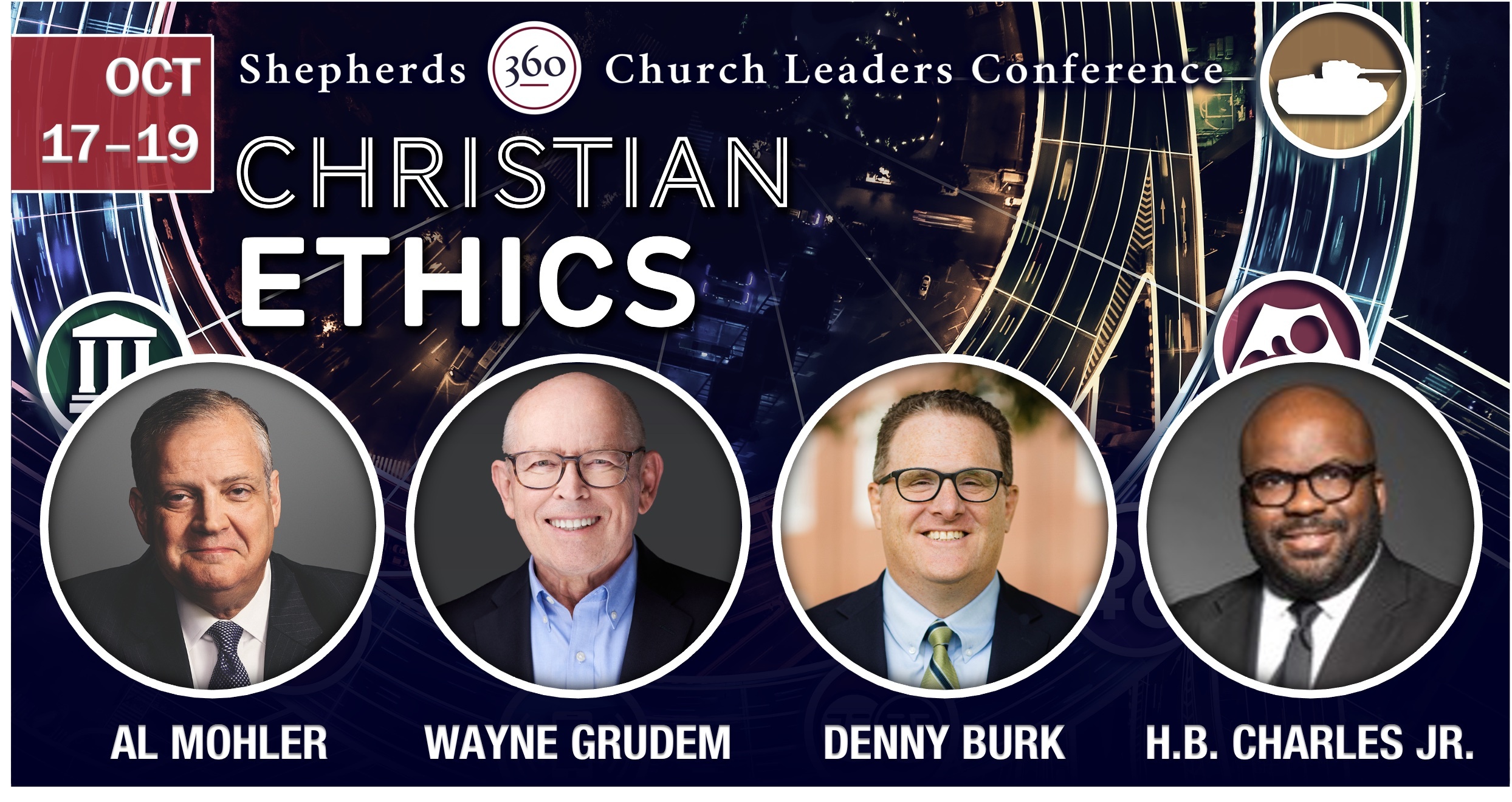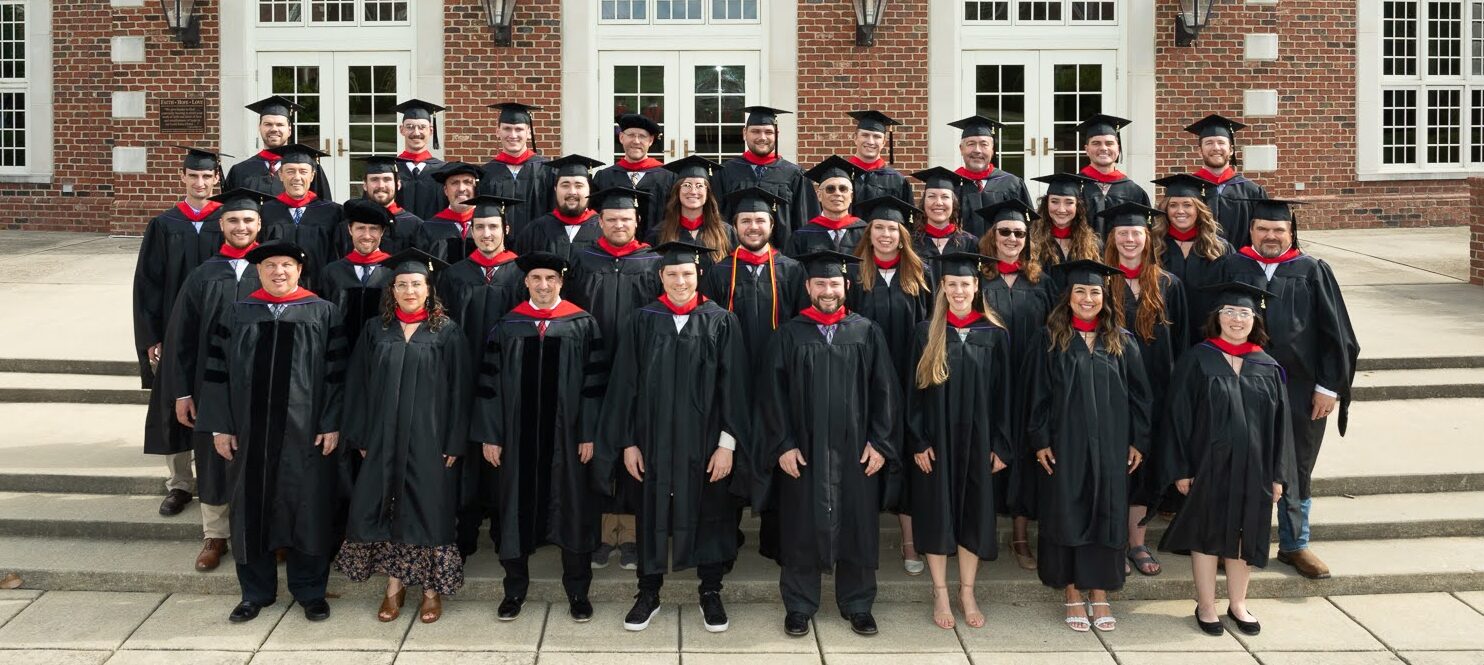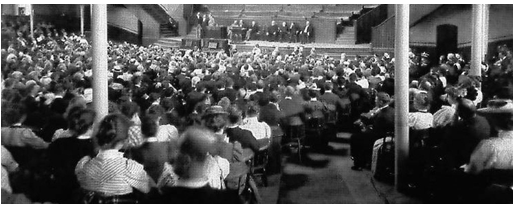I want to address a relationship in the local church that really matters, which could be the single most important relationship in the church. It is the relationship between a worship leader and the senior pastor / lead pastor, as viewed from the perspective of a local church worship pastor. Another way of stating this topic is: what worship leaders wish pastors knew.
This relationship between senior pastor and worship leader benefits a church when it’s right and wounds a church when it’s wrong. And ironically, the church can usually sense when this relationship is not right.
I want to point out some things that will hopefully help identify what a healthy relationship between a worship leader and a senior pastor looks like. This information is taken from a number of sources that I’ve read on this topic (see the bottom of this article for the three main sources), along with input from other worship leaders, and some of my own thoughts and experiences. This won’t be an exhaustive list, and some of these concepts may not work in every church or ministry. But these are meant to be things to consider regardless of church size.
One other thing. For over seven years I’ve had the privilege of leading worship at The Shepherd’s Church and I work closely with Stephen Davey as his worship leader. I have learned so much from him, and how important my relationship with him is. The items listed below do not indicate any shortcomings or problems that he and I have. In fact, I’m thankful for Stephen and how the Lord has unified our hearts together to make His praise glorious.
FOR WORSHIP LEADERS
As a worship leader, in general the wrong approach and pattern to have in your relationship with the senior pastor is looking for and identifying his faults and shortcomings – focusing on things about him that bother you. If that’s your approach, you will have hard time getting along with him, or anybody in ministry.
Having stated that general principle, I would like to share some specific things that worship leaders should consider.
Prioritize the relationship.
Don’t withdraw to your music world and isolate yourself from your pastor or others in the church. This is so easy to do for those of us who are naturally drawn to the world of music.
Observe your pastor and get to know him. Learn his personality, his preferences, and his patterns. Connect with him at the point of his passions. Seek to answer questions like these:
-
- How does he like to communicate?
- How does he not like to communicate?
- How does he learn?
- What is his schedule/workflow like?
- Does he like/dislike interruptions?
- Does he like to talk about music/songs?
- Does he want to participate in the planning process?
This relationship is like a marriage; it’s actually a ministry marriage. In this ministry marriage, remember that he is your authority and you are to submit to him and serve him. In most cases, he is your boss. Be sure and respect his position and publicly demonstrate that respect.
Pitfalls to avoid.
Don’t surprise your pastor with things like new songs and ministry events he did not know about. Those will cost your trust with him, especially when he gets a question about it from a church member or when it’s something you’ve done that he’s not aware of.
For example, don’t inform him, “Hey, I’ve got a soloist who’s not a member of our church that’s going to sing the solo in this morning’s service ….” Ask him well in advance what he would think in such situations. Don’t merely inform him. Over-communicate with him, and don’t surprise him. And don’t be disrespectful, ignore, or even disregard what he cares about. All these things will erode trust.
FOR SENIOR PASTORS
There are several things worship leaders wished their pastor knew. Here are some that come to my mind.
- Communication in advance makes for a more unified, edifying meeting. (Prov. 15:22; 21:5)
It helps if I know before the meeting what you want me to do, rather than afterwards (assuming you meet together). The earlier I know what you’re preaching on the better prepared I can be to serve you. The church will benefit if we’ve coordinated what we’re going to do beforehand.
- Consistent and specific encouragement and evaluation will make me a better leader. (Heb. 3:13; Prov. 9:9)
I will thrive and grow if I know what things I’m doing that are serving you and the church. “Great job!” is better than saying nothing, but not as good as telling me what was helpful and how God is working through me. If I’m going to grow I have to know what I’m doing wrong, could do better, or should stop doing. Saying nothing for long periods of time tempts me to think what I do is unimportant, wrong, or unnecessary.
- God intended singing to be a means of teaching and admonishing. (Col. 3:16)
What I do is more than warm up people for the sermon, fill time, or get people emotionally excited. You will serve me, yourself, the church, and most importantly the Lord, if you care as much about the words we sing as the words you preach. Your favorite song might not be the best song for the church to sing, nor is my favorite song the only one we will sing. It’s a two-way street!
Worship is an end, not a means. The point of the worship gathering is to see and respond to the glory of God. Both musical worship and preaching, then, have the same aim: to help our people behold the glory of God and be transformed into the image of Christ. A service that treats musical worship as the warm-up to the sermon undermines the purpose of worship.
- Your example and engagement when we sing says volumes not only about your support of me, but about your heart to praise God with the church.
It doesn’t look good to anyone when you regularly use the singing time to review your sermon notes, check your email, or look distracted. Humanly speaking, you are the lead worshiper of the congregation. People rarely rise above the example of the pastor.
Engage in worship. In many ways, the pastor of the church controls the thermostat in worship. The pastor’s engagement in corporate singing speaks to its value—both to the church and to the worship leader. A pastor that sings from the front row leads his people by example. He says with his engagement, “This time of singing matters. This time of singing helps me believe the gospel. This time of singing helps me sing the Word of God deep into my heart and into the hearts of God’s people.”
On the flip side, it’s embarrassing and counter-productive if, during the singing, the pastor is sitting down on the front row looking over his notes. Be fully engaged during our worship gatherings, and use the time of worship to prepare your own heart. It is also good to be observant to how the congregation is engaging in the music and songs.
One more side-note: public and private worship are important for both the worship leader and the pastor! They should be worshipping during the week privately and listening for music that they would like the congregation to learn that is theologically rich.
- When I know I have your trust I’ll lead more effectively.
We’re partners, not competitors. I want your leadership and input, but micromanaging what I do tends to negatively affect my desire to take initiative. I will lead better if you give me opportunities to earn your trust. When the pastor is very micromanaging of my music ministry, it can be stifling. Some scenarios will require a bit more supervision until a level of trust has been earned. That is the case for anyone when first beginning to lead worship at any church.
- You don’t have to be musically trained to help me do what I do better.
The fact that I know music doesn’t mean I know how to pastor a congregation, how to communicate effectively, or how to make theological connections. If something doesn’t feel right to you, I need and want to know.
- Plan and pray with your worship leader.
Planning with your worship leader can accomplish two things: a focused service and a more prepared worship team. Pastors should take an active role in planning worship. They need to see Sunday mornings as more than a preaching event with some preliminaries.
Planning with your worship leader can help ensure the service content is focused. It may be helpful, for instance, to consider sending your worship leader your sermon manuscript. The manuscript can help shape song selection, call to worship, exhortations, and prayers. If you don’t have the ability to give your worship leader your sermon manuscript, it still might be helpful to send a general sermon direction, rough outline, or at least the Scripture passage you’re preaching on.
Planning with your worship leader also helps your worship leader prepare his team. Rarely is excellence achieved by unprepared teams. When pastors are frustrated that their worship leader isn’t “on the same page” with him, I wonder how many of those same pastors gave their worship leader scant planning and a mountain of things to change before the gathering began. Your worship leader may be top-notch, but he is usually leading a team of volunteers that are not all virtuosos.
Planning with your worship leader can both minimize the number of last-minute adjustments and allow your worship teams to incorporate changes when they do arise. If you want to make a change to something in the service, of course you can and I need to be flexible (i.e., changing closing song late in the week). Coordinating themes together is nice, but singing for Christ’s glory is most important! So, we need balance between spontaneity and structure and to submit to the Holy Spirit as we plan. I’m amazed how the Holy Spirit weaves elements of our worship services together and it’s so much better than we could attempt to do.
Praying. You should regularly pray with the worship leader for the worship life of the sheep. This will help keep both of our hearts right, thus allowing God to use us in our ministries of public worship.
- Set clear expectations for your worship leader.
Early on in another music minister’s ministry, one of his pastors sat him down and asked, “Why don’t you ever say much when you lead us?” He responded, “Well, I thought you just wanted me to sing.” The conversation was helpful because it clarified what his pastor wanted from his worship leader.
Have you been clear with your worship leader about how to lead in the gathering? Do they know if they can be (or should be) reading Scripture? Do you want your worship leader to exhort before singing? Do you want him to spontaneously pray? How do you want your worship leader to respond to the preached Word? Setting expectations (and time limits) can give your worship leader a healthy lane to run in each week. I can tell you for certain what no senior pastor wants the worship leader to preach before singing nor re-preach his message at the end.
- Encourage! When you encourage and pay attention to the music ministry members/worship team, you build their trust.
Musicians, just like everyone else, thrive in an atmosphere of encouragement. Your words of thanks will carry more weight than you know and make people all the more eager to serve in the church. If musicians know you’re aware of the time we invest to prepare, we’ll respond more readily when you have to make changes.
If you want your congregation to respect your worship leader, then don’t make him the focus of every joke. A pastor who encourages and affirms the worship leader in public helps the congregation see the worship leader as someone to be followed, honored, and respected. The pastor doesn’t need to comment publicly on worship-leading gaffes or missed vocal notes. A better model might be to praise in public and critique in private. And I acknowledge that encouragement is a two-way street: it’s important to practice both public and private praise of each other!
- In a volunteer scenario: if I’m a volunteer, I may not have time to do everything you want me to do.
Many (most?) churches cannot afford a full-time staff member devoted to music and worship ministry. If that’s the case in your church, you probably need to lower your expectations. Your worship leader will want to serve you and the church, so he may need help keeping his family a priority.
- Including good audio, projection, and lighting in the budget communicates your support and serves the church.
Things wear out and break, technology improves, and we can get more for less than ever before. Some issues can only be improved by spending money. A pastor’s willingness to invest in this goes a long way with the worship leader.
- Know your people. Know your church.
What works well for other churches isn’t always what works for your church. Prayerfully keep in mind how God has equipped your church for the ministry He has called you to do.
FOR BOTH PASTORS AND WORSHIP LEADERS
- The church belongs to Christ, not us. (Mt. 16:18)
Rivalry and disunity contradicts what Jesus came to do: make us one (Jn. 17:11, 21-22; Phil. 2:1-2). If we think the other leader is taking away “our” time, the primary problem is the way we view our role. Even though we’re on the same team, Christ has appointed pastors to teach and lead in the church. At the end of the day, the worship leader should follow the pastor’s lead.
- Our musical leadership and preaching are meant to flow from a life of worship. (Rom. 12:1-2; Heb. 13:15-16)
No amount of public fruit can make up for a lack of private devotion or the ongoing practice of sin. If your devotional or family life is consistently suffering because of the time you give to public ministry, it’s time to take a break and get help. God values our lives more than our gifts.
- We’re on the same team and have the same goal – to see God’s glory in Christ magnified in people’s hearts and lives. (2 Cor. 4:6)
Pastors use words while worship leaders use words and music. In general, musicians need to remember to aim for the mind while preachers need to remember to aim for the heart. The goal of our efforts should be to hear people say not, “What great worship!” or “What a great sermon!” but “What a great Savior!”
- No leader will be effective apart from the Holy Spirit working through God’s Word and the gospel. (1 Thess. 1:4-5; 1 Thess. 2:13; Rom. 1:16-17)
Neither our musical abilities nor our communication skills ultimately determine our effectiveness. God has established the means He works through, and only He can bring the fruit. We can’t add something to Scripture or the gospel and make them better than they already are.
What we win people with is what we tend to win them to. Rather than seeking primarily to make the music/preaching more creative, unusual, or innovative, we want to be faithful to make God’s Word and the gospel clear and relevant.
CONCLUSION
I pray that whatever role you serve in, you’ll find great joy in knowing Christ himself is building his church and the gates of hell – or challenging relationships with those who serve alongside you – will not prevail against it.
As stated at the beginning of this article, the above information is taken from a number of sources that I’ve read on this topic, along with input from other worship leaders, and some of my own thoughts and experiences. My three main sources have been:
“A Relationship That Really Matters” (Nov. 5, 2019) WorshipLife podcast with Mike Harland
https://worshipmatters.com/2015/10/05/what-worship-leaders-wished-their-pastor-knew/
https://jdgreear.com/every-worship-leader-wishes-pastor-knew/








